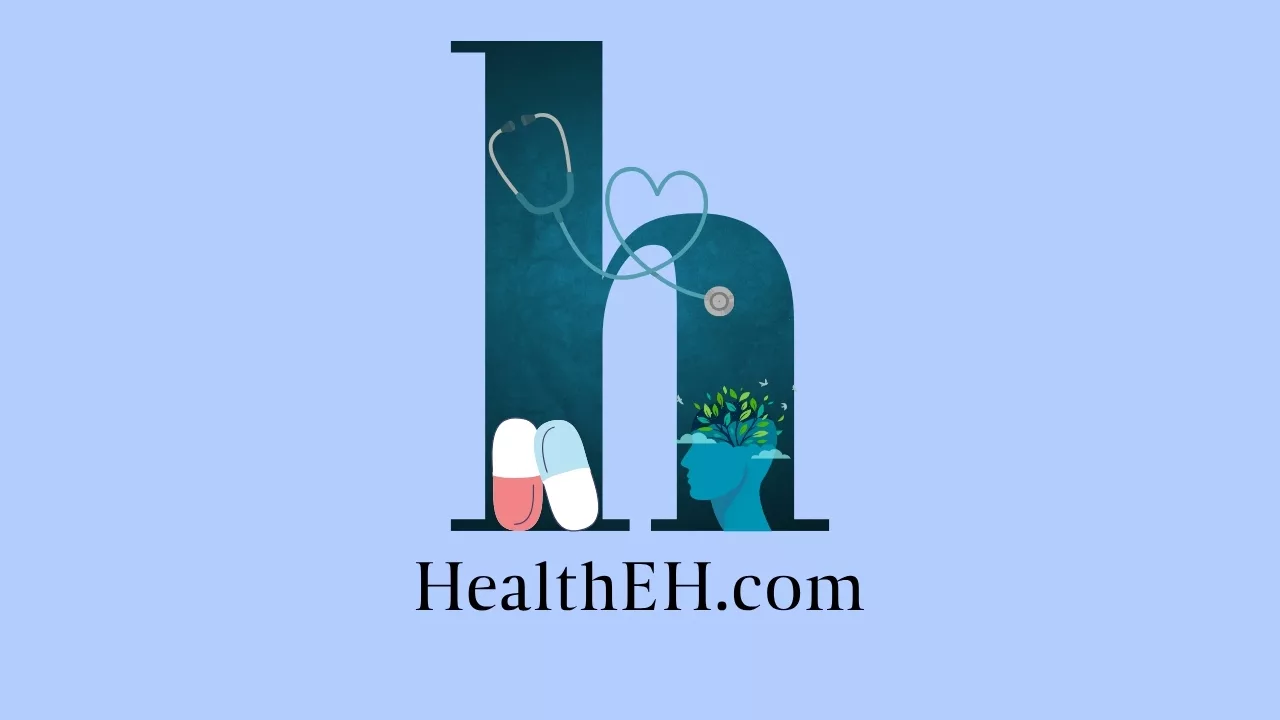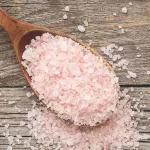Hey there! If you’ve been prescribed Welchol (colesevelam) and are wondering how it plays with the rest of your medication cabinet, you’re in the right spot. In the next few minutes we’ll untangle the web of Welchol drug interactions, talk about alcohol, food, supplements, and even share a couple of real‑world stories. Grab a cup of tea (or coffee—just not at the same time as Welchol) and let’s dive in.
Quick Answer Summary
Answer 1: Welchol interacts with roughly 93 prescription/OTC drugs, 4 disease states, and 1 alcohol/food combination. Eight of those are classified as major and the rest as moderate.
Answer 2: Before you add any new medication, supplement, vitamin, or even a glass of wine, chat with your doctor or pharmacist—especially if you’re on metformin, thyroid hormone, blood thinners, or birth‑control pills.
Why Interactions Matter
The benefits of Welchol are clear: it lowers “bad” LDL cholesterol and can improve blood‑sugar control in type 2 diabetes. But every superhero has a kryptonite. For Welchol, that kryptonite is a surprisingly high number of drug, food, and supplement interactions. Ignoring them can turn a modest side‑effect into something serious—think severe constipation, pancreatitis, or unexpected swings in blood glucose. According to Drugs.com’s interaction checker, the list is long, but we’ll break it down into bite‑size pieces so you can stay safe and still reap the benefits.
Overview of Welchol
| Item | Details |
|---|---|
| Drug class | Bile‑acid sequestrant |
| Typical dose | 3.75 g daily – either 6 × 625 mg tablets once daily or 3 × twice daily with a meal |
| Primary uses | Lower LDL‑C; improve glycemic control in type 2 DM |
| Key warnings | Not for type 1 DM, diabetic ketoacidosis, or patients with a history of bowel obstruction |
That’s the “quick facts” version. In practice, the dose you end up on might be tweaked based on your labs, other meds, and how your stomach feels. And yes, you’ll want to take Welchol with a meal—it needs that food‑bulk to bind bile acids properly.
Major Drug Interactions
Interaction Severity at a Glance
Think of interaction severity like weather alerts:
- Major (8) – Avoid the combo; the risk outweighs any benefit.
- Moderate (85) – Usually best to avoid or use only under special circumstances, with close monitoring.
- Minor/Unknown – Keep an eye on them; they’re less likely to cause trouble.
Commonly‑Checked Drugs (Examples)
| Drug | Interaction Level | Practical Tip |
|---|---|---|
| Metformin | Moderate ↑ blood levels | May need dose adjustment; monitor glucose closely. |
| Levothyroxine (Synthroid) | Moderate ↓ absorption | Separate intake by at least 4 hours. |
| Statins (atorvastatin, rosuvastatin) | Moderate – may reduce efficacy | Take statin at a different time of day. |
| Clopidogrel (Plavix) | Moderate – reduced antiplatelet effect | Discuss alternative antiplatelet strategy with your doctor. |
| Oral contraceptives | Moderate – ↓ hormone absorption | Use backup contraception if dose is altered. |
That table is a handy “cheat sheet.” If any of these meds look familiar, flag them for a conversation with your pharmacist.
How to Spot a Dangerous Combo
When you run a medication through a tool like the Drugs.com interaction checker, look for the word “major.” Those are the red‑alert combos you want to avoid altogether. Even “moderate” interactions deserve a timing tweak—Welchol should be taken with food, while most other pills are best taken away from it (usually 4 hours apart).
Alcohol & Food
Alcohol
Surprisingly, Welchol only has one recorded alcohol/food interaction, and it’s not a strict contraindication. However, both Welchol and alcohol can cause similar GI discomfort—think nausea, dizziness, and an upset stomach. If you’re diabetic, binge drinking can also throw blood‑sugar levels off‑balance, especially when you’re already on metformin. Bottom line: enjoy that glass of wine in moderation, and never on an empty stomach.
Food
| Issue | Effect | Management |
|---|---|---|
| High‑fat meals | May worsen constipation | Stay hydrated, add fiber‑rich foods. |
| Vitamin K‑rich foods (leafy greens) | Minor effect on clotting when on warfarin + Welchol | Monitor INR more frequently. |
Taking fat‑soluble vitamins (A, D, E, K) at the same time as Welchol can reduce their absorption. The simple fix? Take those vitamins at least four hours before or after your Welchol dose.
Supplements & OTC
Vitamins & Minerals
Because Welchol binds bile acids, it can also snag the absorption of fat‑soluble vitamins. If you’re on a multivitamin, split the timing. Calcium and iron tablets behave similarly—space them out so your body can actually use them.
Common OTCs & Herbal Products
| Supplement | Interaction | Advice |
|---|---|---|
| Fish oil (omega‑3) | Minor – may increase bleeding risk with warfarin | Discuss with your provider; monitor labs. |
| Phenytoin | Moderate – ↓ drug levels | Consider alternative anticonvulsant. |
| Probiotics / fiber powders | Minor – can help constipation | Safe if taken 2 hours apart. |
If you love a morning green‑juice blend, no problem—just keep it away from Welchol by a few hours.
Disease Considerations
| Condition | Why It Matters | Guidance |
|---|---|---|
| Diabetic ketoacidosis | Welchol isn’t indicated; can worsen ketoacidosis | Use other glucose‑lowering agents. |
| Bowel obstruction / gastroparesis | Welchol’s constipating effect may precipitate blockage | Contraindicated – avoid. |
| PKU (phenylalanine‑restricted) | Some formulations contain phenylalanine | Choose phenylalanine‑free version. |
| Hypertriglyceridemia > 500 mg/dL | Welchol can raise triglycerides → pancreatitis | Do NOT start; monitor TG if borderline. |
These are the “red‑flag” health scenarios where Welchol either needs extra caution or should be left off the shelf.
Managing Interactions
Timing is Everything
Take Welchol with a meal and a full glass of water. Schedule all other meds either 4 hours before or 4 hours after. That simple rule cuts down most absorption‑based interactions.
Lab Monitoring
- Lipid panel (LDL‑C & triglycerides) every 3–6 months.
- Fasting glucose/HbA1c if you have diabetes.
- INR if you’re on warfarin.
- TSH if you’re on levothyroxine.
Ask Your Pharmacist
Pharmacists love a good puzzle. Hand them your medication list and ask them to run the Welchol interaction checker (the same tool we referenced earlier). It’s free, quick, and can catch hidden combos you might miss.
Document Everything
Keep a notebook or a digital list of every prescription, supplement, and even the occasional herbal tea you sip. Share that list with every new doctor—consistency prevents surprise interactions.
Real‑World Experience
Case 1: Jane, 58, type 2 diabetes, was on metformin 500 mg BID. After adding Welchol, she noticed episodes of low blood sugar. Her doctor reduced metformin by 25 % and scheduled glucose checks twice a week. The adjustment smoothed out her sugars and kept her cholesterol in check.
Case 2: Mike, 45, on levothyroxine for hypothyroidism, started Welchol and felt unusually fatigued. A simple timing change—taking levothyroxine first thing in the morning and Welchol with dinner—restored his energy within a week.
These snippets show that with a little communication and timing tweaks, most interactions are manageable. It’s not a drama; it’s a collaborative adjustment.
Expert & Source Recommendations
We’ve leaned on authoritative sources throughout:
- Drugs.com interaction checker for the count of 93 drugs and severity breakdown.
- Healthline’s Welchol interactions article for disease‑specific warnings.
- The FDA prescribing information (via Drugs.com) for dosage and contraindications.
In addition, a clinical pharmacist I chatted with (Sarah, Pharm‑D) emphasizes that “spacing drugs by four hours is the golden rule for bile‑acid sequestrants like Welchol.” Her advice underscores the importance of timing, not just the drug list.
Bottom Line
Welchol can be a real ally in lowering LDL‑C and supporting glucose control, but it also brings a “high‑interaction” profile—93 other substances, 8 major alerts, and a handful of disease‑specific cautions. By understanding the why, using smart timing, monitoring labs, and keeping an open line with your healthcare team, you get the benefits without the unwanted surprises.
Got a story of your own? Maybe you’ve found a clever way to remember to separate your meds, or perhaps you’ve experienced an unexpected side effect. Share it in the comments—your experience could help a friend who’s just starting Welchol. And if you still have questions, don’t hesitate to ask your pharmacist or doctor. After all, staying safe is a team sport, and you deserve a treatment plan that works for you.


















Leave a Reply
You must be logged in to post a comment.